Publications
Articles, publications, books, tools and multimedia features from the U.S. Institute of Peace provide the latest news, analysis, research findings, practitioner guides and reports, all related to the conflict zones and issues that are at the center of the Institute’s work to prevent and reduce violent conflict.
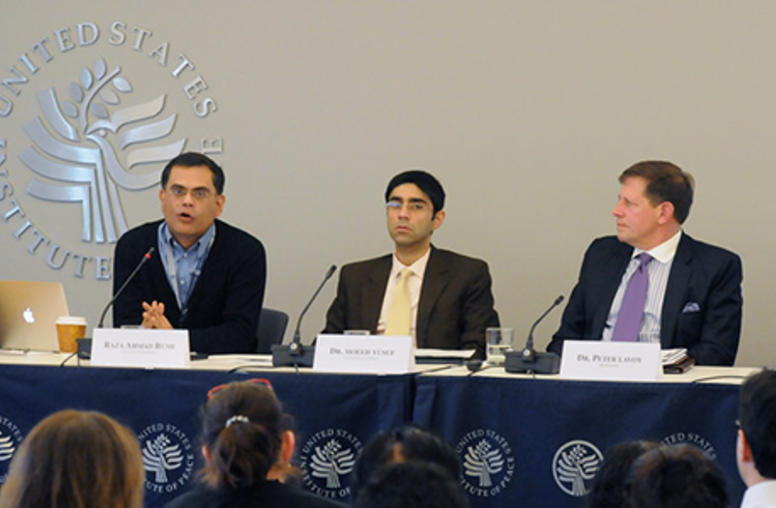
Pakistan Massacre of Schoolchildren: What Has It Changed?
Even having lost 50,000 people killed in terrorism-related violence over more than a decade, Pakistan was stunned by the Taliban massacre of 145 schoolchildren and others at an Army school in Peshawar on December 16, 2014. With some commentators calling the event “Pakistan’s September 11,” the U.S. Institute of Peace convened experts to assess whether the country may actually have reached a decision point that could yield a more consistent and effective state campaign against terrorism.
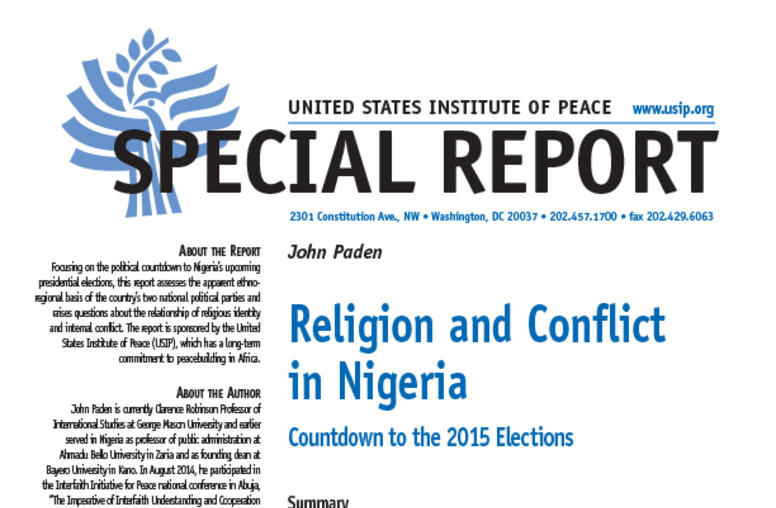
Religion and Conflict in Nigeria
Nigeria—its vast population evenly split between Muslim and Christian—is counting down to another presidential election, scheduled for February 2015. This report raises a number of questions about the relationship of religious identity and internal conflict and the consequences of a polarized election. Do religious symbols exacerbate or mitigate conflict, especially during an electoral season? What are the interfaith efforts to ameliorate or mitigate ethno-religious conflict? What are the con...
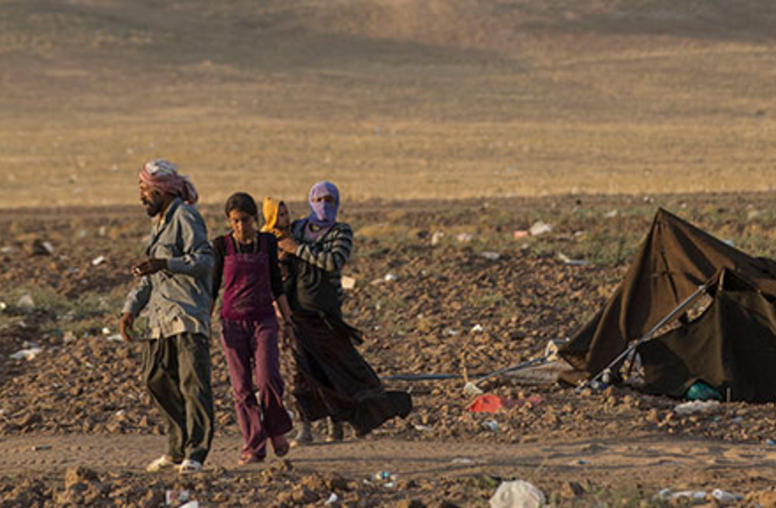
'Islamic State' Attacks Fuel Anger, Cloud Talk of Reconciliation in Iraq
The devastation wrought by the past year’s renewed conflict in Iraq -- and equally by the long slog to dislodge the Islamic State -- can be captured in the frame of a teenage boy. The new fighting atop a decade of war after the 2003 U.S. invasion brings not only further physical damage, but a dangerous breakdown of the social fabric.
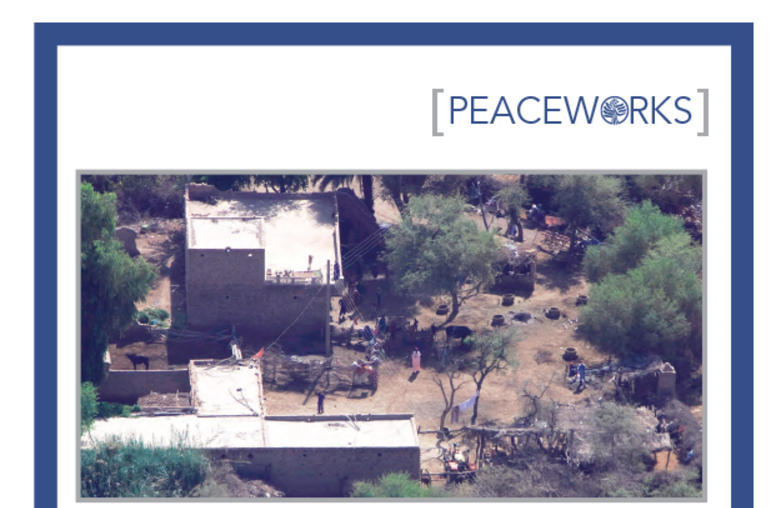
Conflict Dynamics in Sindh
Pakistan’s southern province of Sindh has a reputation for stability, diversity, and tolerance. It is also at a tipping point—increasingly threatened by violent extremism, crime, political corruption, tribal feuds, and nationalist and separatist movements. If the province is not to become yet another base for militants, as areas to the north already are, the government needs to act promptly and decisively. Addressing the security situation in Sindh is also integral to stabilizing Karachi, whi...
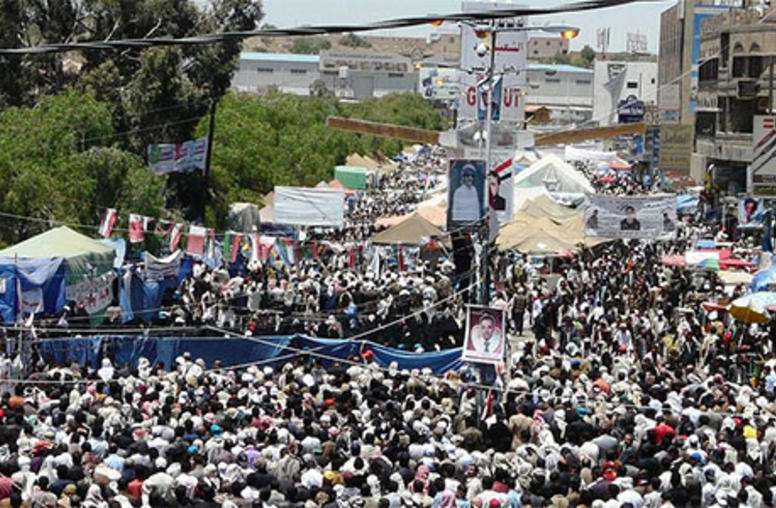
Q&A: Yemen on the Edge of Fracture?
Yemen’s path since the 2011 Arab Spring uprising has long seemed shaky, but this week’s events have created the most serious crisis facing the country in decades. With the government’s resignation, many observers fear the complete fragmentation and breakup of the state. Erica Gaston, a former senior program officer at the U.S. Institute of Peace, explains the ramifications.
Pakistan School Attack Sparks New Form of Public Action
In the aftermath of the horrific Taliban attack on a school in Peshawar that left more than 140 people dead, most of them children, a national consensus against terrorism may be emerging in Pakistan. Also developing is a new style and approach for civil society activism.
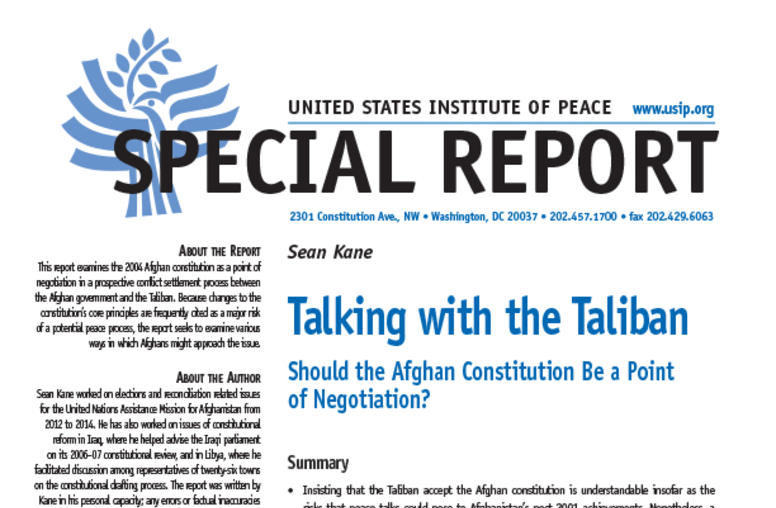
Talking with the Taliban
Drawing on the comparative experiences of governments negotiating with insurgencies in the Philippines, Myanmar, and Colombia, as well as a detailed examination of the Taliban’s possible constitutional demands, this report examines the 2004 Afghan constitution with respect to its potential inclusion in peace talks between government and Taliban leaders. It argues that, if the issue is handled carefully and with strategic intent, the Afghan government may be able to seize the political high gr...
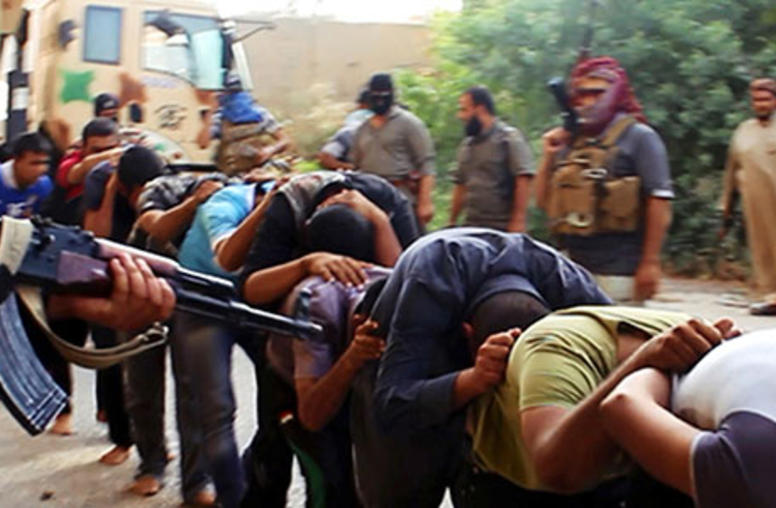
The United States Will Never Win the Propaganda War Against the Islamic State
To win hearts and minds in the Middle East, America needs to let local allies do the talking.
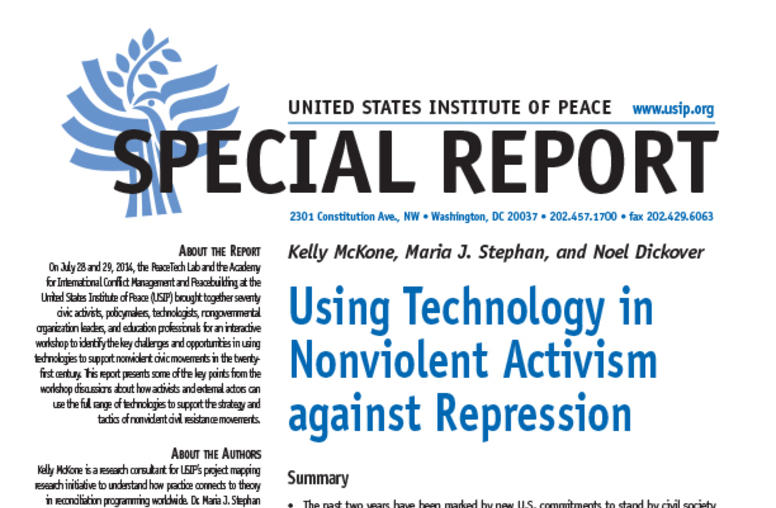
Using Technology in Nonviolent Activism against Repression
In an era of crackdowns on freedoms of peaceful assembly and association, what role can technology play in strengthening nonviolent civic mobilization? How can activists strategically apply the full range of technologies to build and sustain movements where the options for nonviolently resolving conflicts are diminishing under increased repression? Informed by discussions from a USIP workshop, this report explores avenues for engagement between activists and external actors to use technology ...

The Islamists: Turmoil and Transformation
Islamists have produced tectonic political shake-ups across the Middle East, with a rippling effect world-wide. Islamists now take many forms, from moderates in Tunisia to militants in the Islamic State. Together, the disparate factions have arguably altered the Middle East more than any trend since the modern states gained independence over the past century. They have redefined politics and even borders.